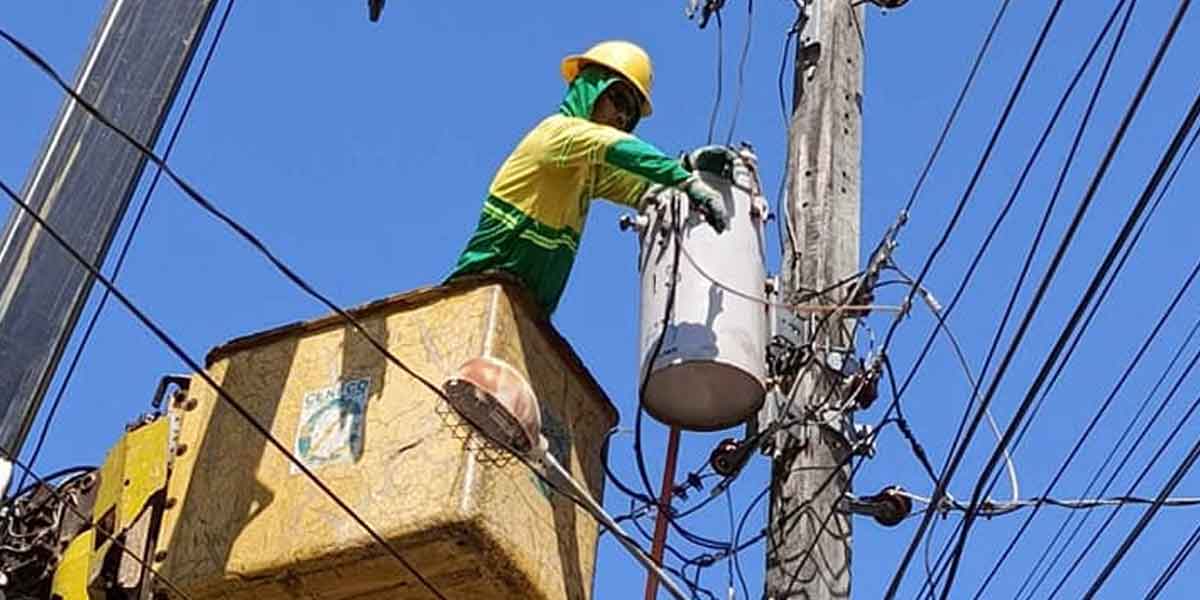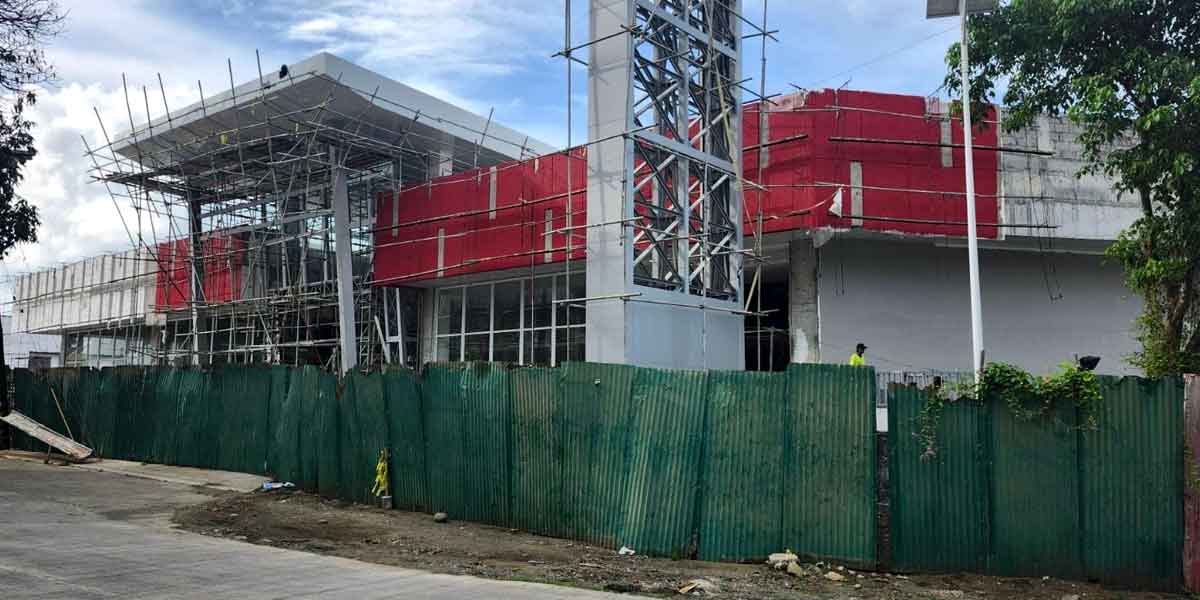The Initiatives for Dialogue and Empowerment through Alternative Legal Services (IDEALS) has received at least 1,000 legal queries amid the pandemic and the strict implementation of the community quarantine.
“While it is true the measures against COVID were put in place to protect the people, there was an apparent disconnect between the course of action and the supposed bigger goal of addressing the people’s needs. We recognize the critical need for access to legal services and information at a time of unrest and uncertainty. With this, IDEALS intensified its efforts by providing free legal consultations online,” Atty. Ansheline Bacudio, Program Manager for Human Rights of IDEALS.
To complement this service, IDEALS also releases relevant online infographics to increase awareness on human rights, as well as to localize and make government policies digestible to the greater public.
Clients can reach the organization through three platforms: hotline calls and texts, messages sent to the IDEALS Facebook page, and the comments section on posted infographics.
Rights violations persist
“Within the duration of the lockdown, we saw firsthand how the virus not only took lives, but also gave birth to an array of social problems and highlight already existing inequalities,” said Bacudio.
Several clients sought advice on the validity of local ordinances, concerns on inhumane treatment in the guise of disciplinary measures, cases of arrests and detention, and bail procedures.
A surge of Cyberlibel queries were also received, reflecting the period when the government threatened to curtail freedom of expression by filing Cyberlibel cases against their critics.
Given the mobility limitations of the team, the organization calls the clients and provides an in-depth legal counseling.
For those who have been subjected to curfew violations, the team assists them or their families in gathering as much evidence as possible such as witnesses, CCTV footages, or other documents like police reports. For pending cases and pending bail applications, the team guides the client’s family members every step of the way and helps prepare the documents that they might need.
Trends and other queries
As low to middle-income Filipinos surrendered their livelihood to stringent lockdown measures, IDEALS responded to an array of distress calls on labor rights, concerns on government cash subsidy, virulent barangay officials and law enforcers, as well as a bevy of issues within the boundaries of Republic Act No. 11469 or Bayanihan To Heal as One Act and local government ordinances.
During the first few weeks of the lockdown, a bulk of queries were on the Department of Labor and Employment’s (DOLE) subsidies for displaced workers: COVID-19 Adjustment Measures Program (CAMP) and Tulong Panghanapbuhay sa Ating Disadvantaged/Displaced Workers (TUPAD).
When the Duterte administration promised to roll out P200 billion aid for nearly 18 million low-income households in early April, the organization saw a sudden spike in questions on the process of obtaining the P5,000 to P8,000 pesos cash subsidy.
Many also inquired on the possible legal actions for corruption and discrepancies in the program.
As narrated by the clients, several LGUs refused to provide the required forms to entitled families, while others were dropped from DSWD’s master list of beneficiaries at the last minute. Other respondents shed light on the alleged discrimination in the distribution of relief goods.
Despite the surge of SAP-related concerns, queries on employment and labor rights remained steady even until Metro Manila entered General Community Quarantine (GCQ) in June.
In the realm of civil law, the concerns were mostly on legal separation or annulment, child support, and civil registration. Clients inquired about their legal options in gaining custody of their children or separating from their abusive spouses.
For commercial law, a number of clients sought legal advice on rental payments of residential buildings and payment of outstanding debts. There appeared to be some landlords who, despite the 30-day moratorium granted by the Department of Trade and Industry (DTI), still persisted in collecting rents from their tenants that fell due during the ECQ. During the latter part of the time period, several respondents inquired about payment of loans as most banks ceased operations during ECQ.
On the other hand, remedial law consisted of questions regarding pending court hearings of preliminary investigations, ejectment, and conciliation proceedings even during ECQ.
The free legal advice service remains operational. Clients may send a message to:
Facebook: IDEALS, Inc.
Globe and TM: 0953 382 6935
Smart, TNT, and Sun: 0951 077 4411




















